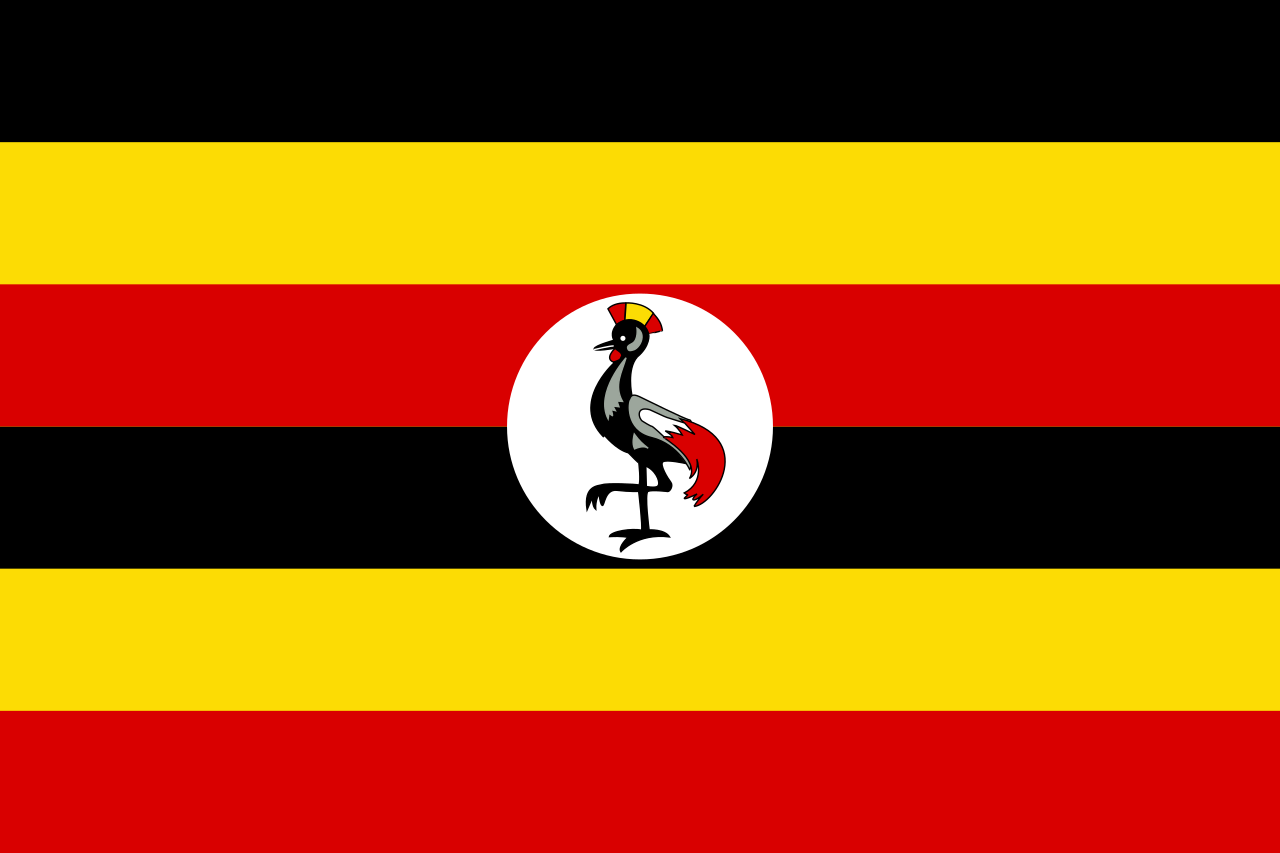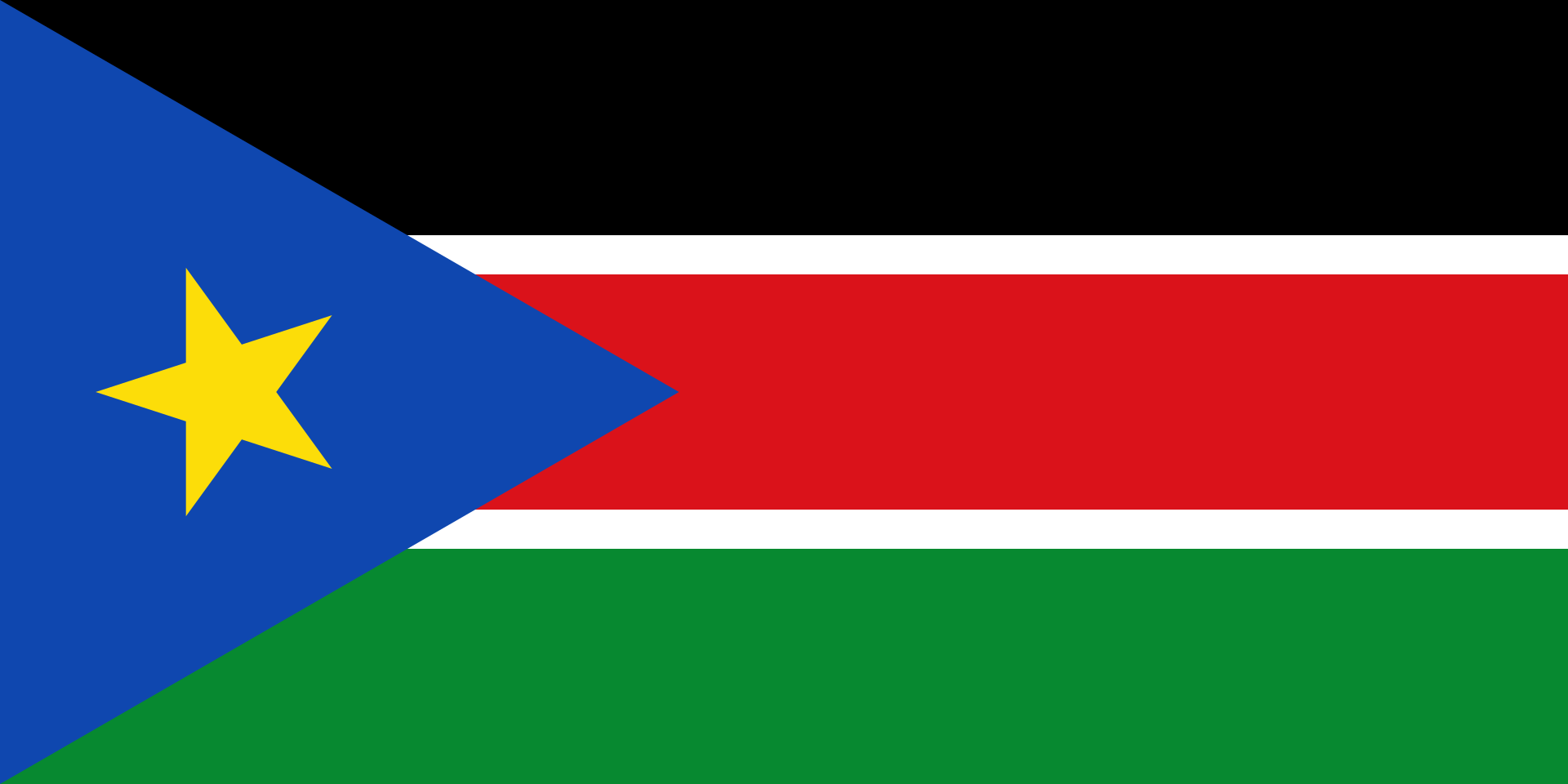The Uganda Vision 2040 aspires to pursue economic development and socioeconomic transformation premised on the principles of a green economy such as equity, environment sustainability, resource efficiency, climate change adaptation and mitigation and inclusiveness. Accordingly, the National Planning Authority in partnership with the Climate Change Department of the Ministry of Water and Environment with financial support from the United Nations Development Programme (UNDP) is in the final stages of developing a Green Growth Development Strategy. A multi-sectoral committee comprised of state and non-state actors chaired by the National Planning Authority is drafting the strategy. The Uganda Green Growth Development strategy seeks to operationalize the tenets of a green economy as espoused in the Uganda Vision 2040 and the National Development Plan and covers a time horizon of fifteen years. An implementation roadmap/action plan of the strategy is also being developed by the Global Green Growth Institute to sequence interventions for the short term, medium term and long term.
In Uganda’s context, green growth is defined as a system or development paradigm that aims at catalyzing economic growth through the efficient use of the country’s natural, human, and physical capital in an inclusive manner along a low carbon emissions, climate resilient development pathway. It is important to note that the transition to green growth entails a number of tradeoffs for some investments which calls for a clear understanding of where to devote policy effort and priority.
The Objectives of the Uganda Green Growth Development Strategy are to:
- Enhance Uganda’s economic growth while creating new opportunities for decent employment.
- Support a low-emissions economic growth pathway integrating resource use efficiency, climate resilience, disaster risk reduction and optimal use of natural capital;
- Undertake a socially inclusive growth that improves food and nutritional security;
- Put in place an enabling institutional, governance, financing framework to operationalize an optimal green growth development strategy
The Guiding Principles governing the strategy include:
- wealth creation and social inclusiveness;
- creation and promotion of green jobs
- low carbon emission climate resilient growth;
- science, innovations and compliance;
- resource use efficiency; and,
- creation of partnerships at global, national and sub-national levels.
Priorities for Investment in the Uganda Green Growth Development Strategy include green planned cities development, agriculture with focus on solar powered irrigation and upgrading the agricultural value chain, sustainable energy and natural capital management.
An economic analysis of the potential impacts of green growth on Uganda’s economy indicated that if green growth interventions are fully implemented, they can boost economic activity, worth around 10 percent of GDP by 2040 compared to business as usual, deliver employment up to 4 million jobs and reduce future greenhouse gas (GHG) emissions by 28 percent relative to a conventional growth pathway
(Exceeding Uganda’s current commitments in the Nationally Determined Commitments.
Investment in the Above Areas is envisaged to generate the Following Outcomes for the Country:
- Green Jobs
- A Low emissions growth trajectory with focus on climate change mitigation and adaptation
- Increased incomes and economic gains and opportunities for all
- Sustainable Biodiversity and Ecosystem Management
- Food and Nutritional Security
- Resource Use Efficiency;
- Social Inclusiveness
Financing of the Uganda Green Growth Development Strategy
The envisaged sources of financing are; the Government of Uganda, the Private Sector and Development Partners. The Global Green Growth Institute (GGGI) has committed to partner with government to develop a national green growth financing vehicle. Additionally, focus will be on development of bankable project proposals guided by the aforementioned investment areas identified under the strategy. This will among others target existing green growth financing windows under climate change and the various environment funds at global and regional levels. Integration of green growth in the sector plans, annual plans and budgets shall be the entry point for accessing the finance from the government of Uganda.
Read more: UGGDS 2017/18 – 2030/31 - Global Green Growth Institute









